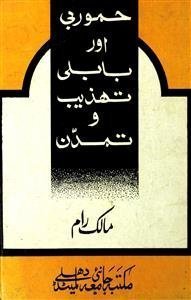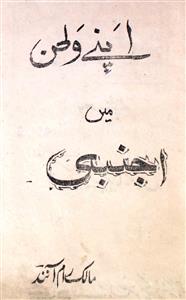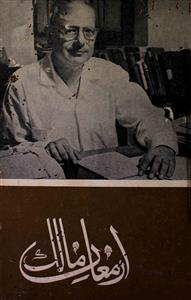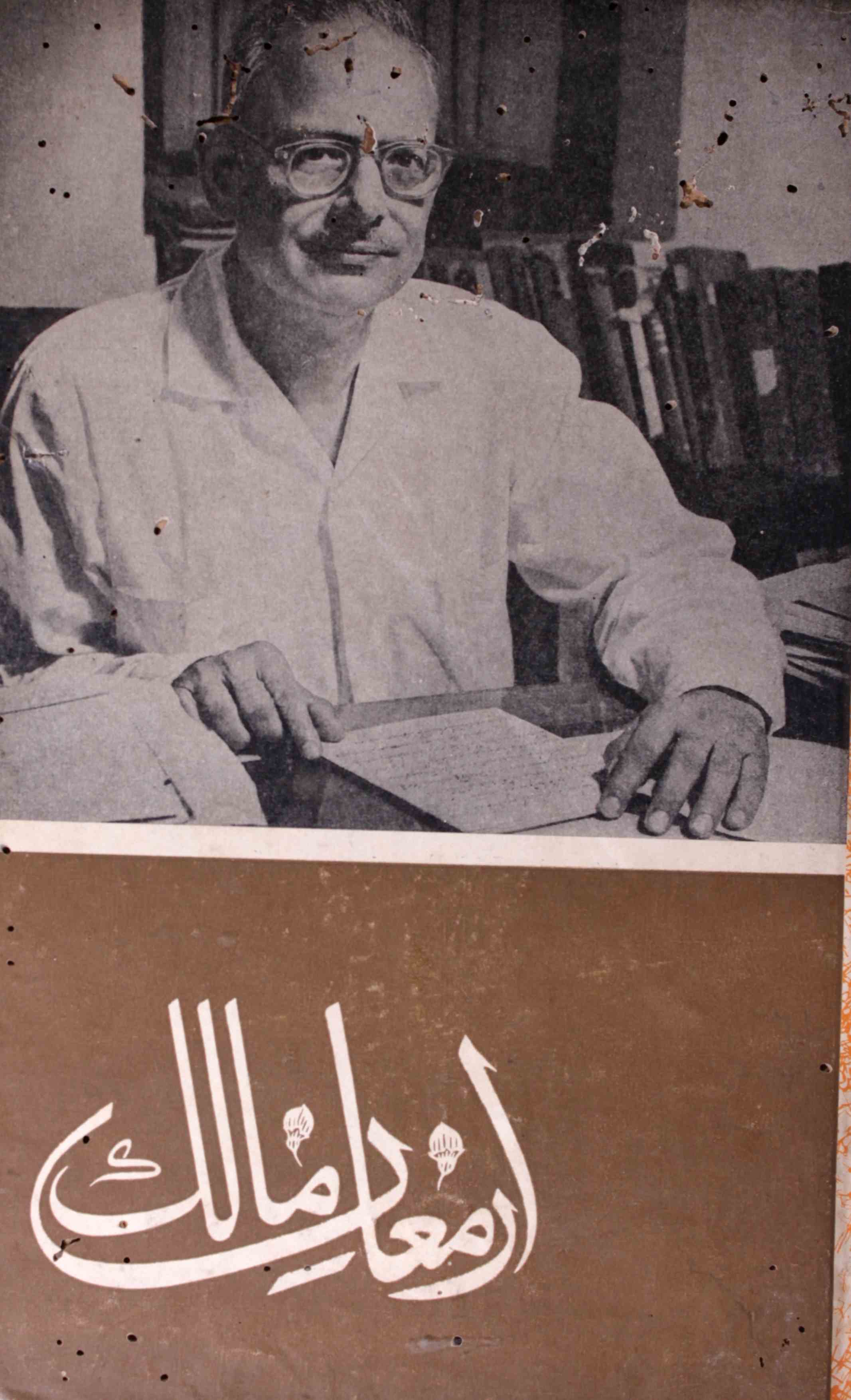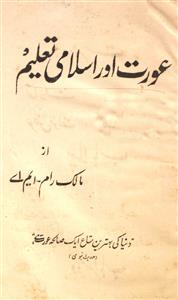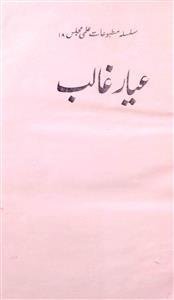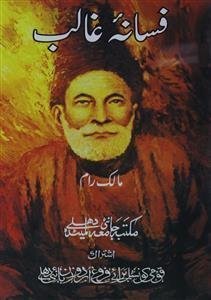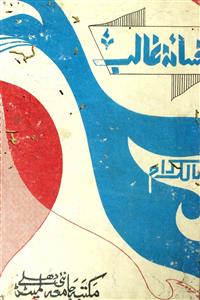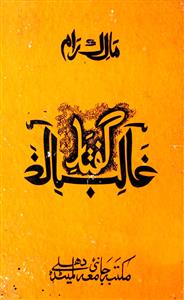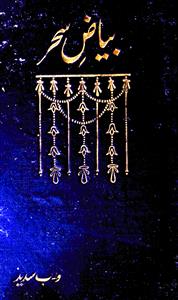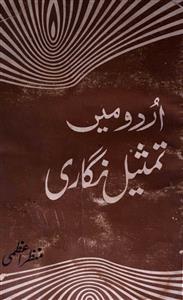 For any query/comment related to this ebook, please contact us at haidar.ali@rekhta.org
For any query/comment related to this ebook, please contact us at haidar.ali@rekhta.org
About The Book
حموربی اٹھارویں صدی قبل مسیح میں قدیم بابل کے پہلے شاہی خاندان کا چھٹا اور سب سے مشہور بادشاہ گزرا ہے۔ سمیر اور اکاد “جنوبی عراق‘‘ کی شہری ریاستوں کو اپنی قلمرو میں شامل کیا اور لرسا کے ایلمی بادشاہ کو شکست دے کر اس کے علاقے پر قبضہ کر لیا۔ مگر فتوحات سے زیادہ اپنے ضابطہ قوانین کے لیے مشہور ہے۔ حموربی کا قانونی ،آئینی اور اخلاقی ضابطہ دنیا کا سب سے قدیم ضابطہ ہے۔"حمورابی کا ضابطہ قانون انسانی تاریخ میں پہلی قانونی دستاویز مانی جاتی ہے ، جس میں قوانین کو تحریراً ایک مکمل ضابطے کی صورت میں پیش کیا گیا۔اس کی تاریخ تخلیق 18ویں صدی قبل مسیح بتائی جاتی ہے۔ اس ضابطے میں 282قوانین شامل ہیں،جنہیں بارہ الواح پر لکھا گیا۔اسے تحریری صورت میں8 فٹ بلند پتھر کے ستونوں پر کندہ کرایاگیا ،جنہیں بابل اورمیسوپوٹیمیاکے دیگرشہروں کے بڑے چوکوں میں نصب کروا یا گیا تاکہ ہر خاص و عام کی رسائی میں آسکے اور عوام کی زیادہ سے زیادہ تعداد ان سے آگاہ ہوسکے "حموربی اور بابلی تہذیب وتمدن"حموربی کے نظریات ، قانون اور قدیم بابلی گم گشتہ تہذیب و ثقافت کی بیش بہا معلومات کا خزانہ ہے۔ مالک رام نے یہ کتاب مولوی عبد الحق کے کہنے پر لکھی۔ اور انھوں نے حموربی کے " قانون" کا ترجمہ کرنے کو کہا۔ پھر اس حوالے سے کچھ مضامین رسالے "تاریخ اور سیاسیات" میں شائع بھی ہوئے۔ مگر یہ رسالہ ناپید ہو گیا۔ زیر نظر کتاب میں مالک رام نے اسےدنیا کی قدیم قانونی دستوری دستاویز قرار دیا ہے۔ حموبی کا قانون کم وبیش تقریبا دو ہزار برس تک نہ صرف بابل(سومر اور اکدا) ہی میں ، بلکہ ایشیائے کوچک اور وسط ایشیا کے بہت سے خطے میں بھی نافذ رہا۔اس کتاب کو پانچ ابواب میں منقسم کیا گیا ہے:۔ قانون حموربی۔ حموربی کون تھا؟ بابلی تہذیب و تمدّن۔ بابلی مذہب و معتقدات اور بابلی زبان وادبیات ۔
About The Author
Malik Ram's full name is Malik Ram Bernamia. He was born in 1906 in the town of Phalian, Gujarat district which is now part of Pakistan. In "Armughan-e-Malik", Syed Ali Jawad Zaidi has given the following insight about his date of birth:
“Malik Ram was born in December 1906. The exact date is difficult to determine, but family traditions and some other sources suggest that it may have been December 8 or 22. In both cases, the date of December 22 is a priority. It was mistakenly registered in the official papers on March 8, 1907 and has gained notoriety due to repetition of this error.”
Malik Ram's father's name was Lala Nihal Chand who was the youngest of the four brothers. He worked in the supply department and, during the war between the British and the Chinese, he went to China and stayed there for seven years. Nihal Chand was married to Bhagwan Devi, who belonged to village Suharo. She was a very lively woman. At the time of her husband's death, she had two young children, and was solely responsible for their education. When Malik Ram was twelve days old, his father contracted cholera, and Bhagwan Devi came to her mother’s house with her children. Thus Malik Ram's early education took place at Gurdwara Phalian, where he learned Garmkhi and Gurubani. At the age of six, he was admitted to Vernacular High School. He passed the middle school examination in 1920 and then entered the Diamond Jubilee School. In 1924, he passed he high school examination, and moved to Lahore for his intermediate in 1926. He completed his BA from Ivy College and then did his MA in History from Government College in 1930. Then he became associated with Knight College. He obtained LLB degree in 1933. Owning to his astute sense of learning, he also set up an association named Bazm-e-Adab, and held weekly meetings. At the same time, he wrote an article, "Zauq Aur Ghalib," which was published in Nigar. Soon his career as a journalist began, and he became associated with the magazine "Nairang-e-Khayal". He also issued a number dedicated to Allama Iqbal, and translated Abdul Rehman Bijnauri's English essays on "Israr-e-khudi" and "Ramuz-e-be-khudi" into Urdu and wrote footnotes on them. Allama Iqbal himself liked this particular issue and showered praises upon Malik Ram. In 1931, he married Vidyavati, with whom he had two sons and three daughters. They named their sons Aftab and Suleiman according to Muslim conventions. One daughter was named Bushra and the other daughters were named Aruna. In 1936 he came to Delhi in search of a livelihood. In 1939, he joined the Commerce Department of the Government of India. In 1939 he became Superintendent of the Indian Government Trade Office. When India became independent, he joined the Indian Foreign Service. As a result, they have been posted in Egypt, Iraq, Turkey, Belgium and many other places. He retired in 1965. He meticulously compiled the writings of Maulana Azad. Later, he formed a scholarly and literary association which he named "Ilmi Majlis".
Malik Ram died in 1993. He has received numerous awards, including the Sahitya Akademi Award. In 1986, he won the Dr. Zakir Hussain International Award for National Solidarity. Malik Ram was also appointed as the Vice Chancellor of Jamia Urdu and was also a member of Ghalib Academy and President of Anjuman Tarqi Urdu. In 1946, he became a member of the court of Aligarh Muslim University.
Malik Ram has the status of a researcher. He is especially considered as an expert of Ghalib studies. His most important works on Ghalib are "Zikr-e-Ghalib", "Fasana-e-Ghalib" and "Talamaz-ha-e-Ghalib". He also looked at Ghalib's biography through the eyes of a researcher and compiled it with great detail. Then, through a number of articles, he has made valuable contributions to our understanding of Ghalib.
Malik Ram also compiled "Ghubar-e-Khatir" and "Khutbat" which were published by Sahitya Academy.
 For any query/comment related to this ebook, please contact us at haidar.ali@rekhta.org
For any query/comment related to this ebook, please contact us at haidar.ali@rekhta.org
Write a Review
Jashn-e-Rekhta 10th Edition | 5-6-7 December Get Tickets Here
